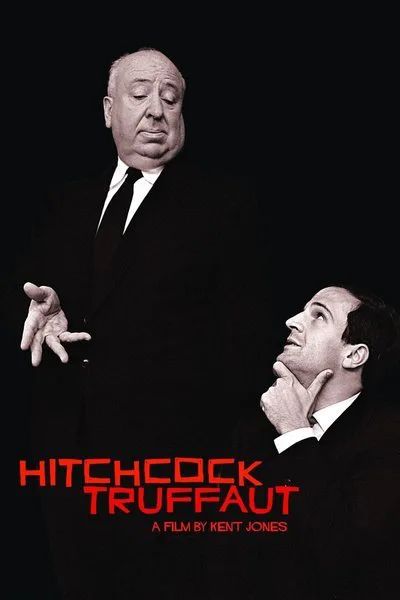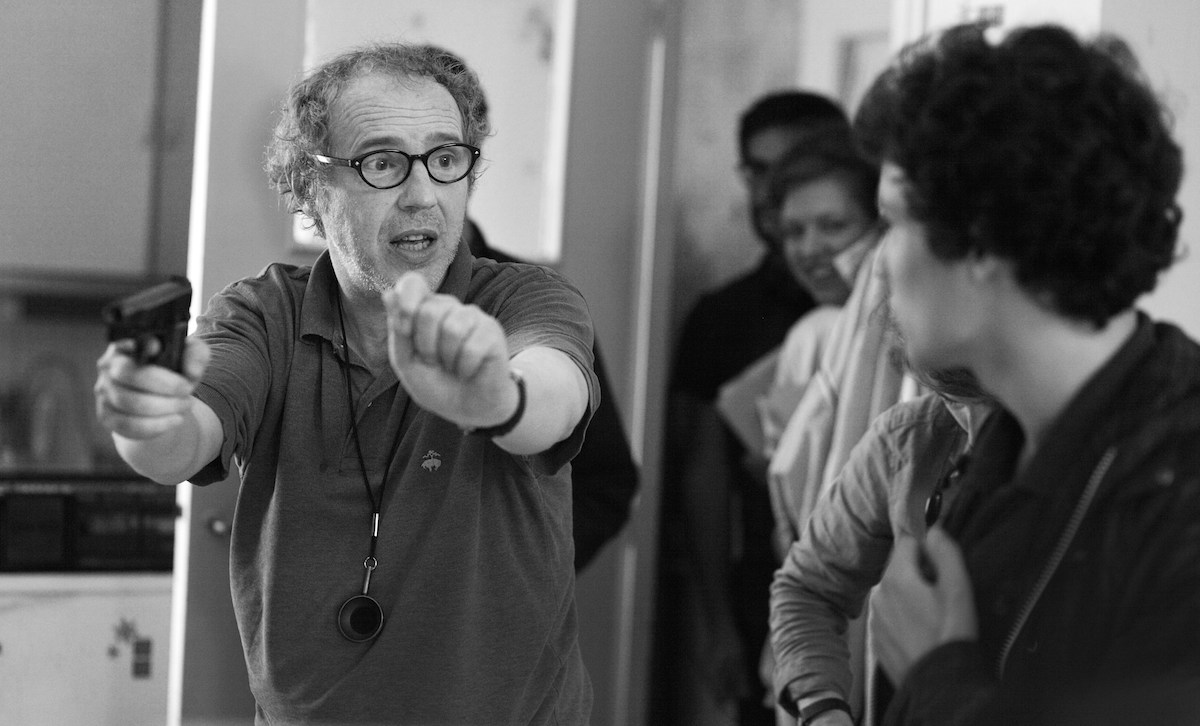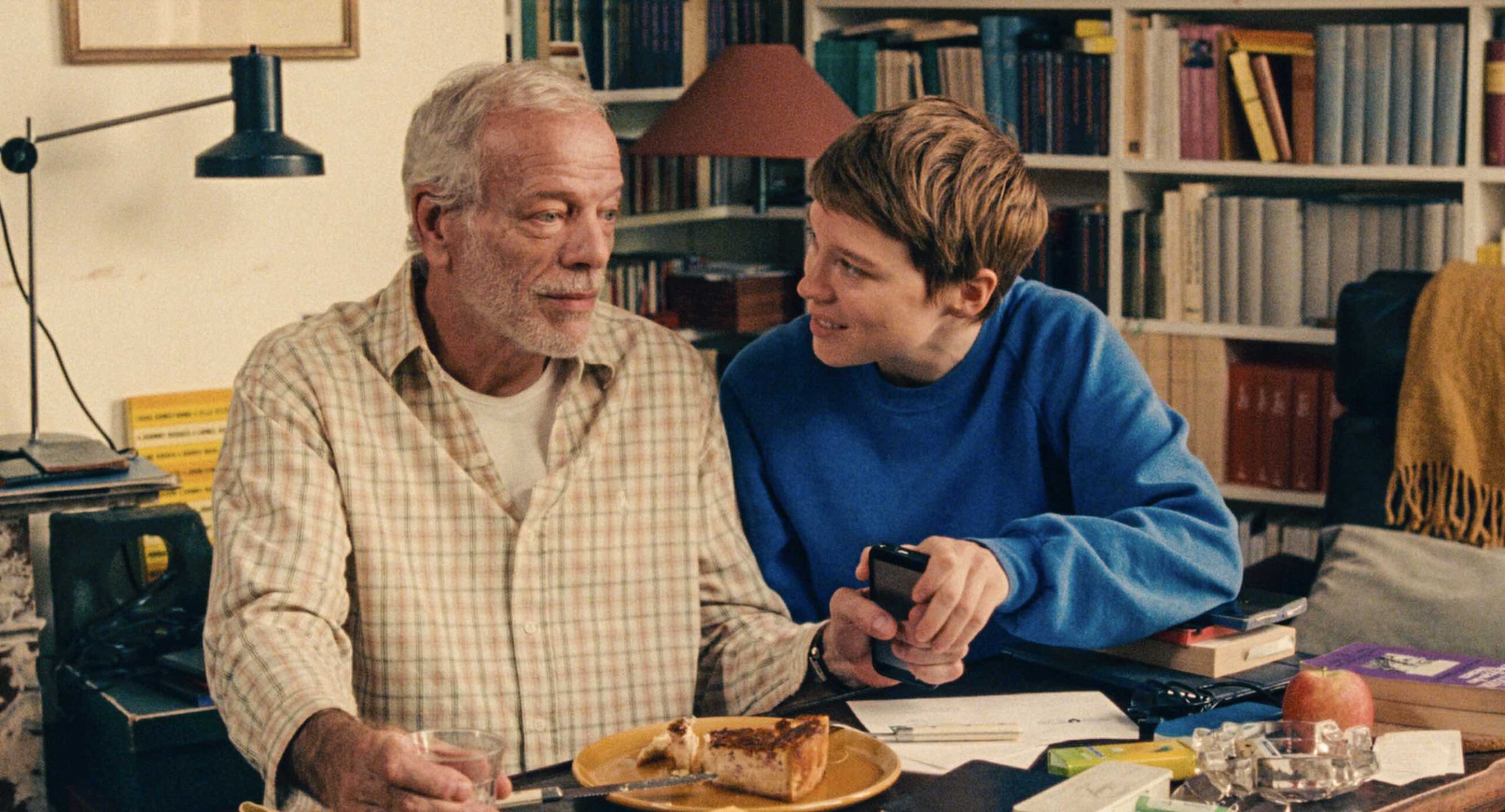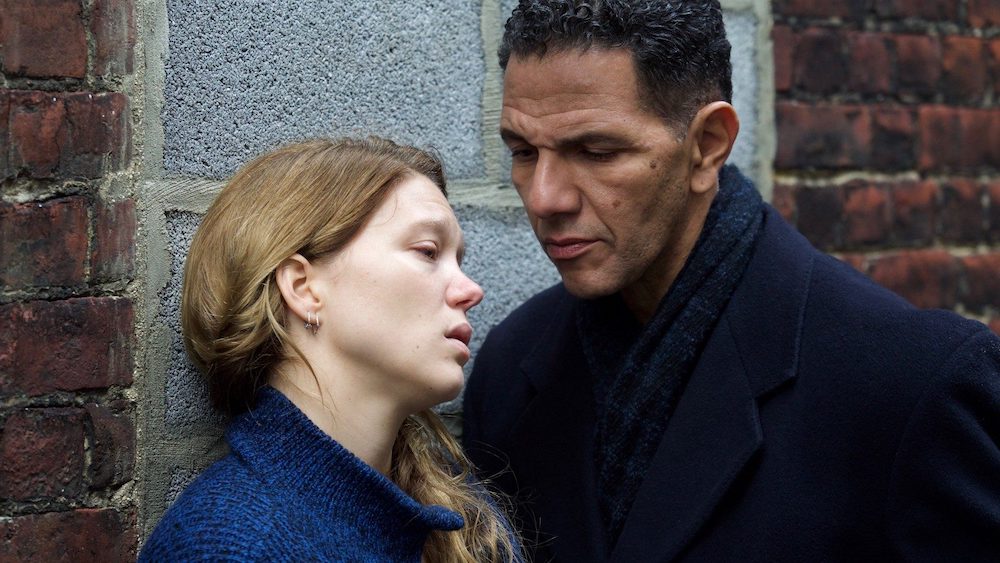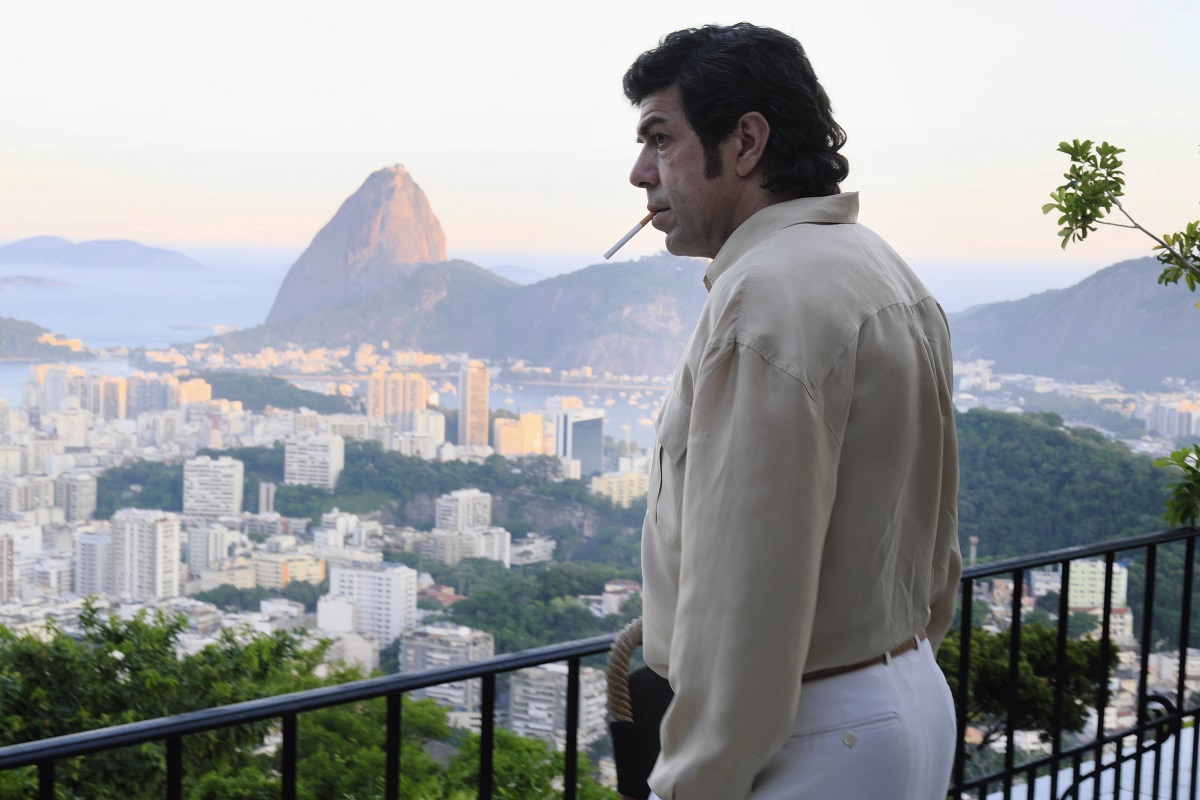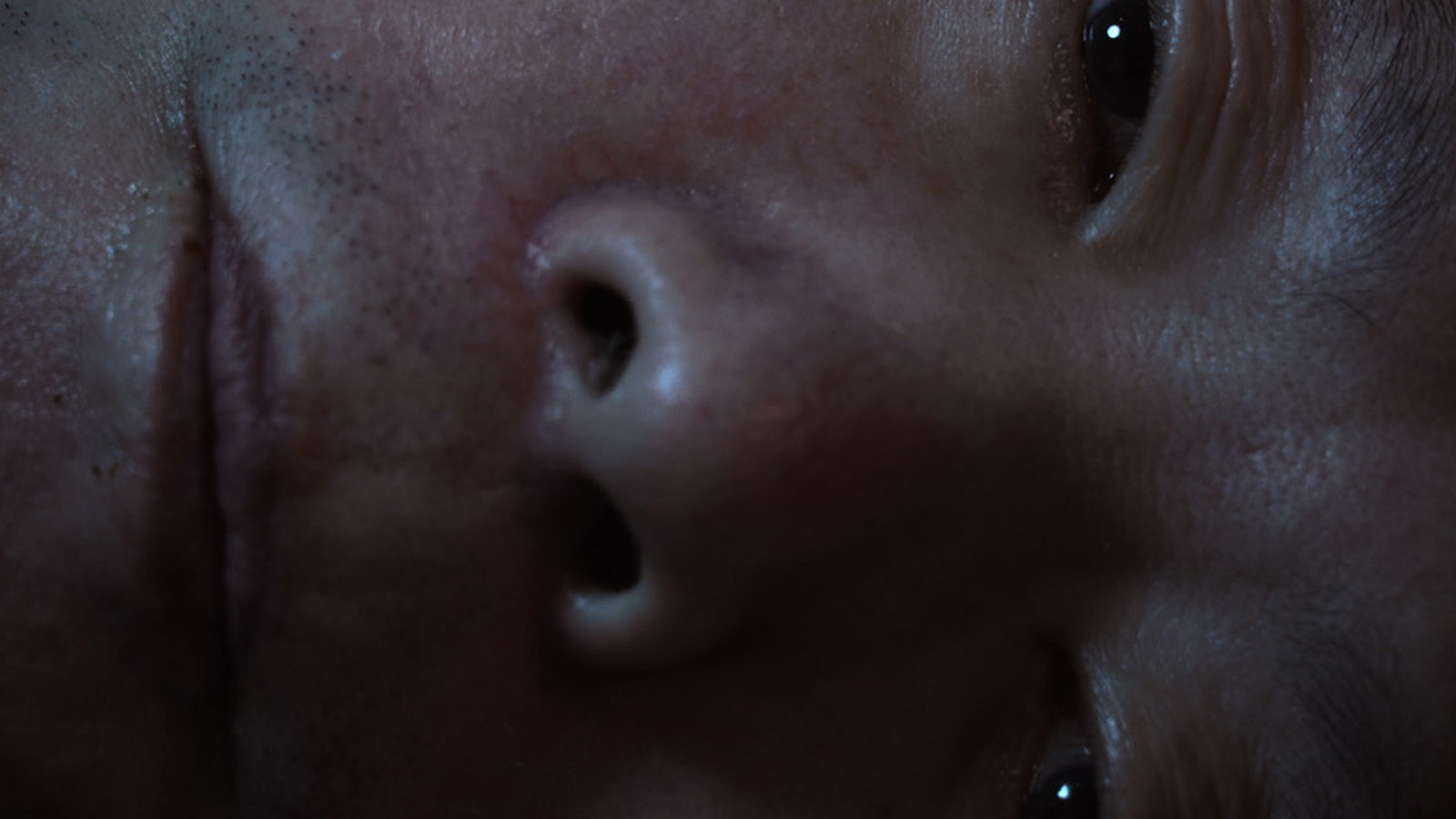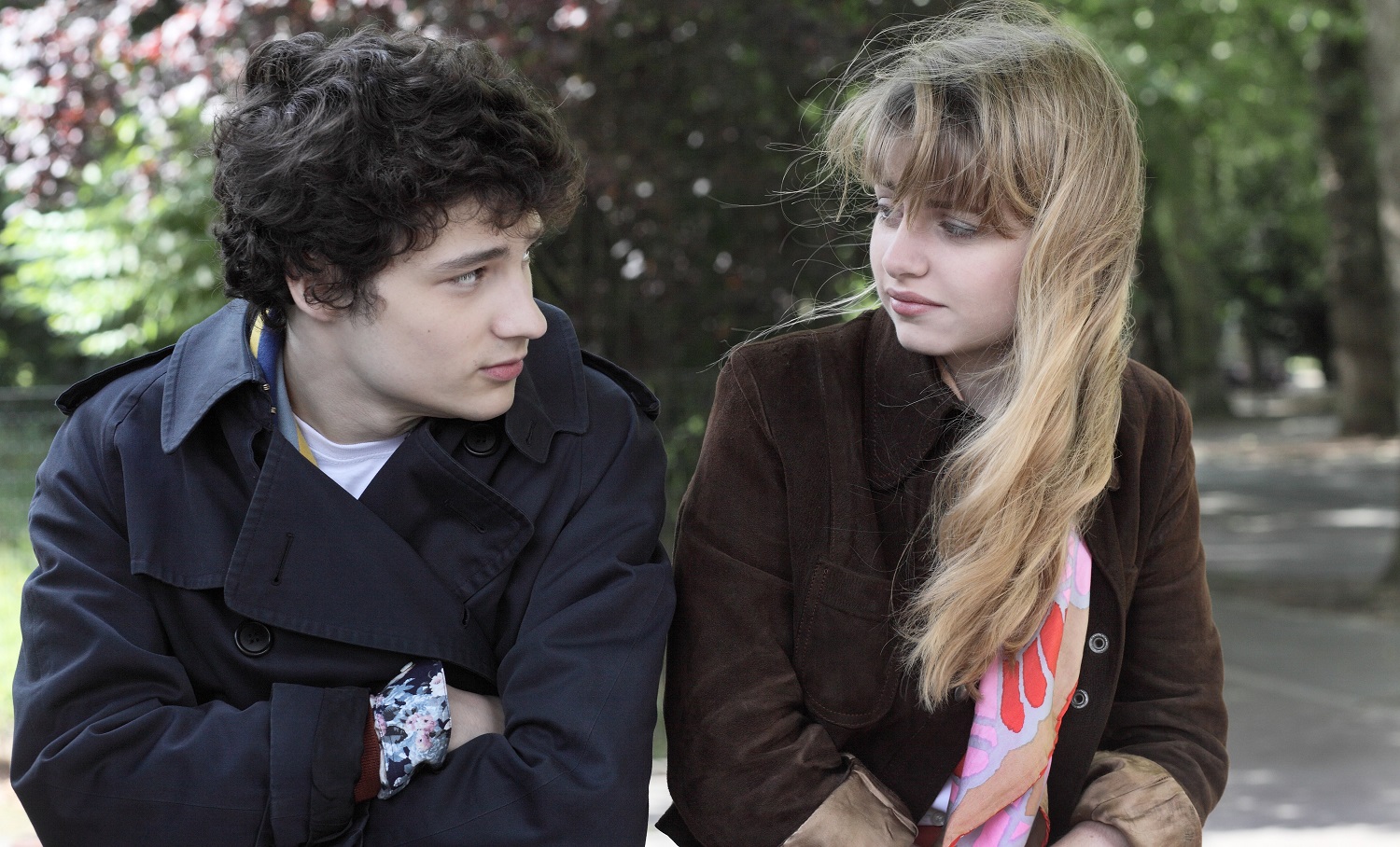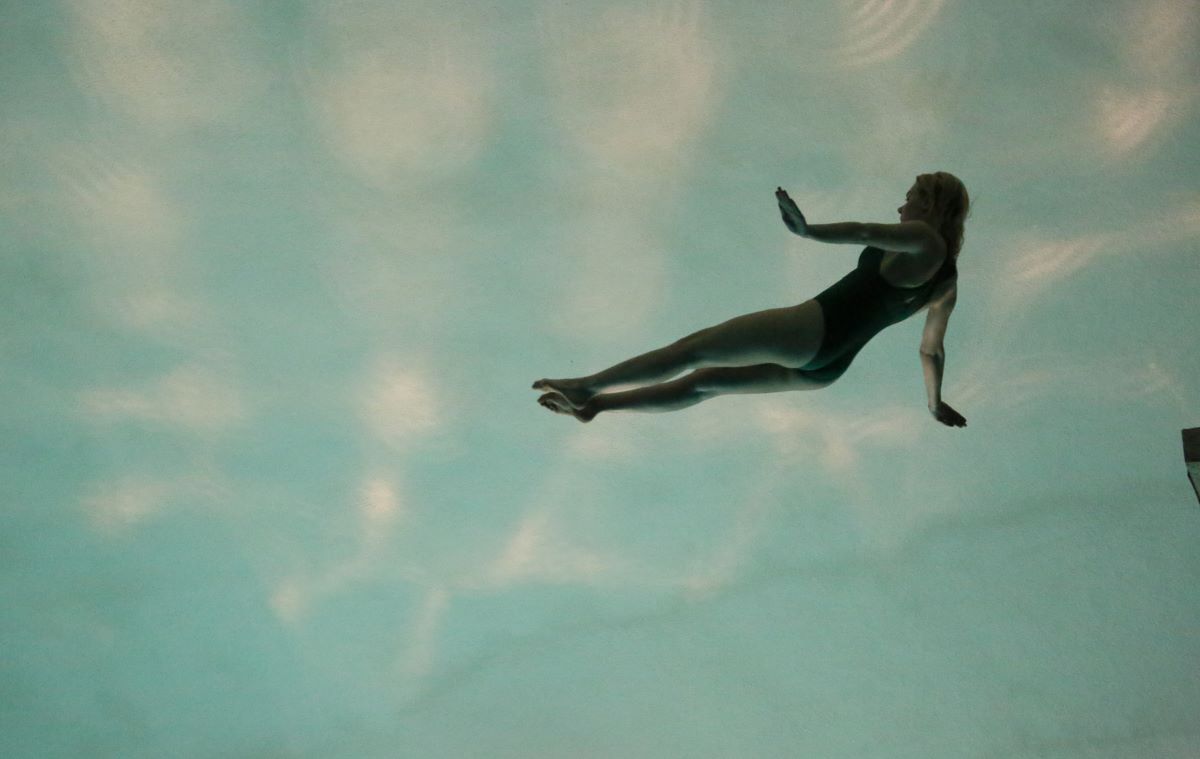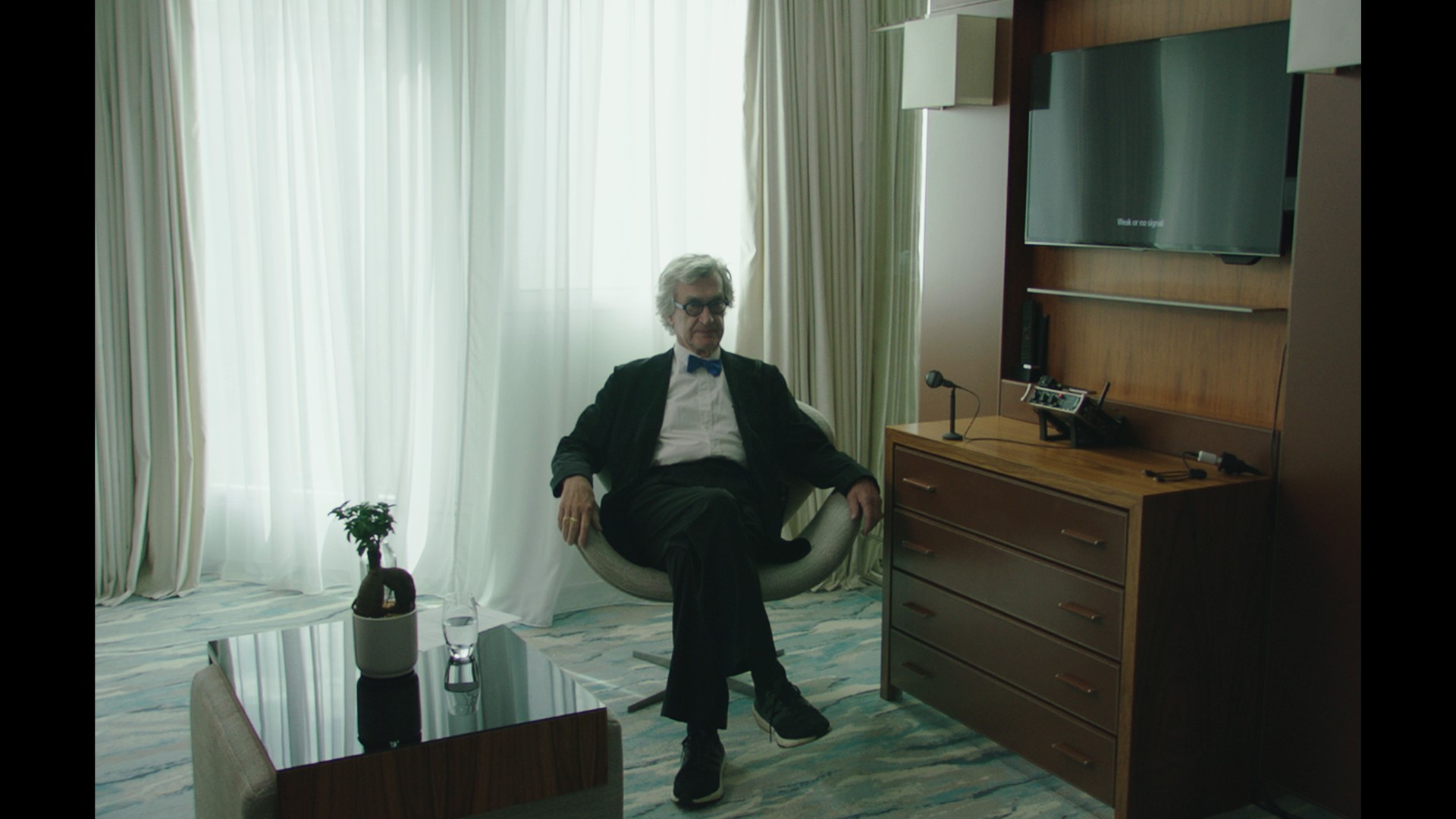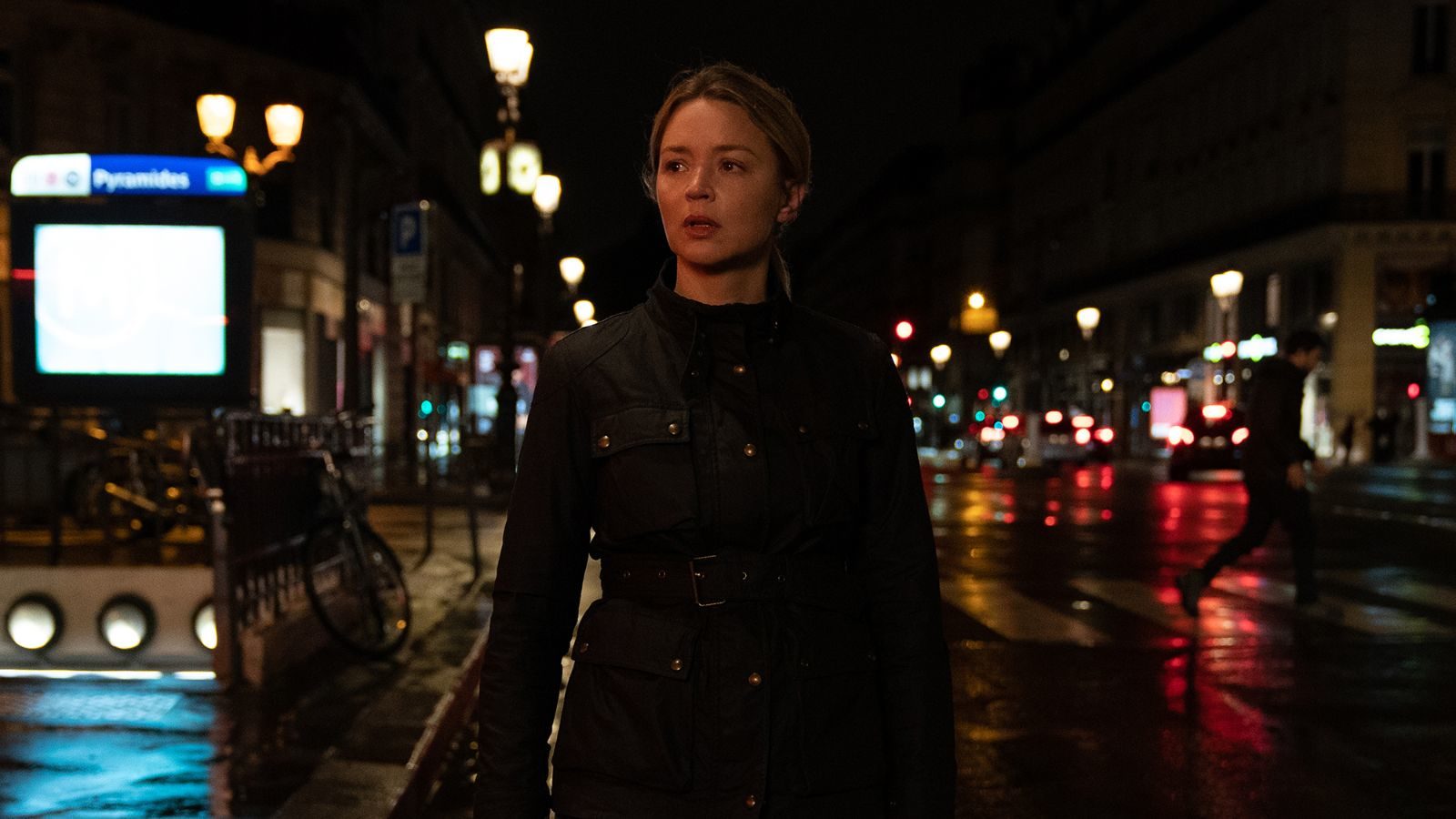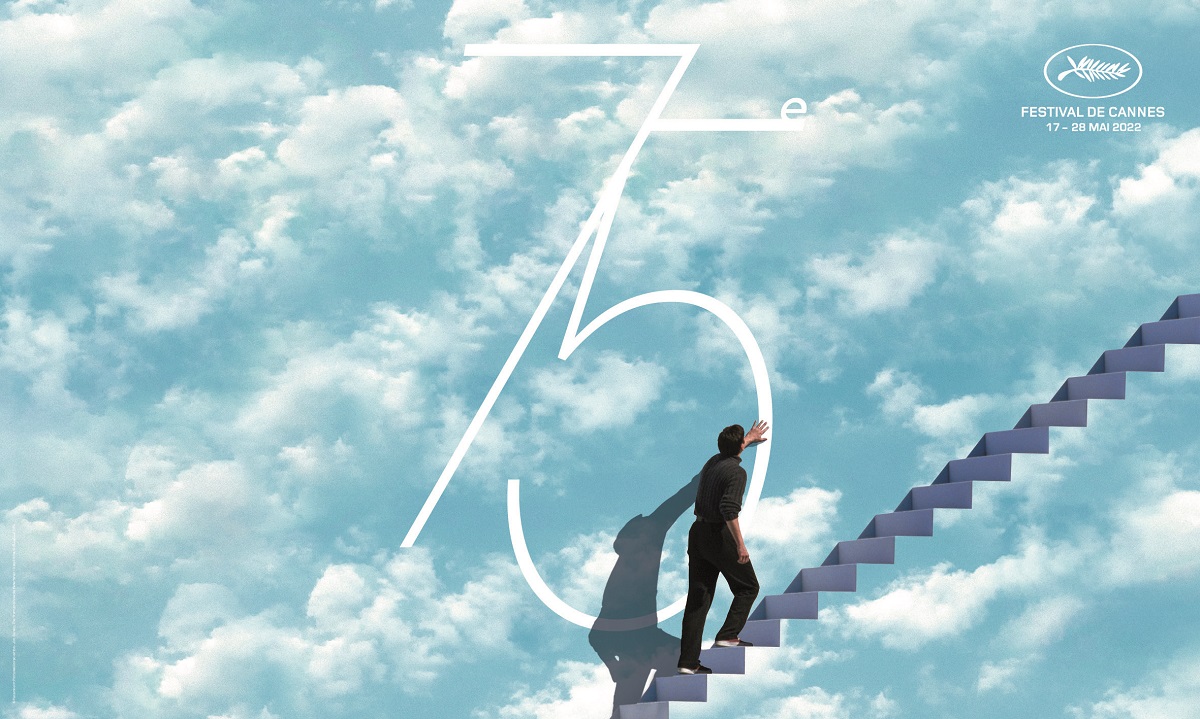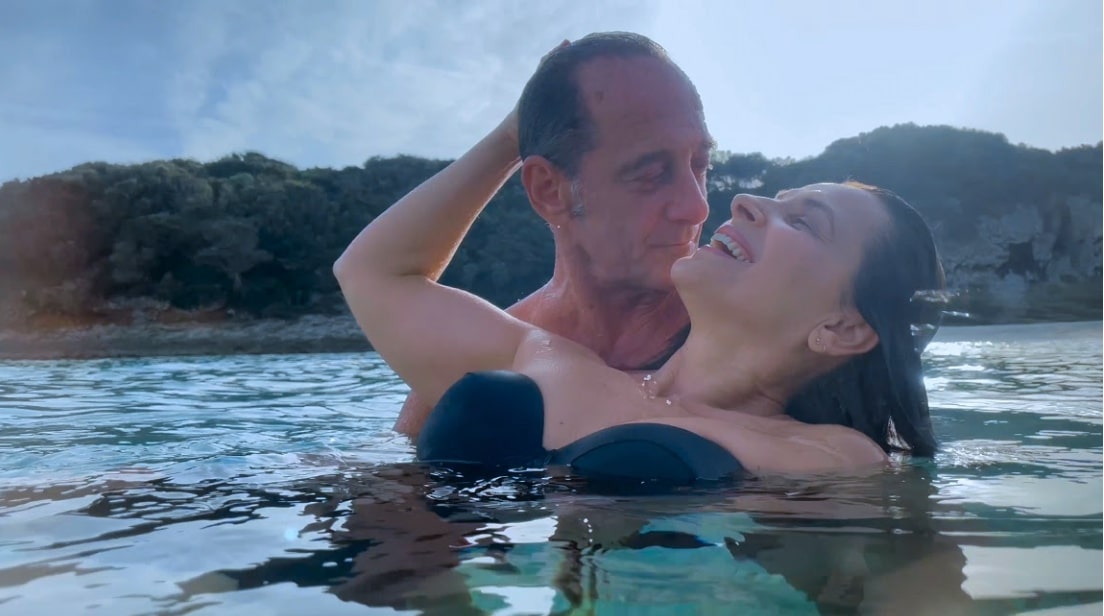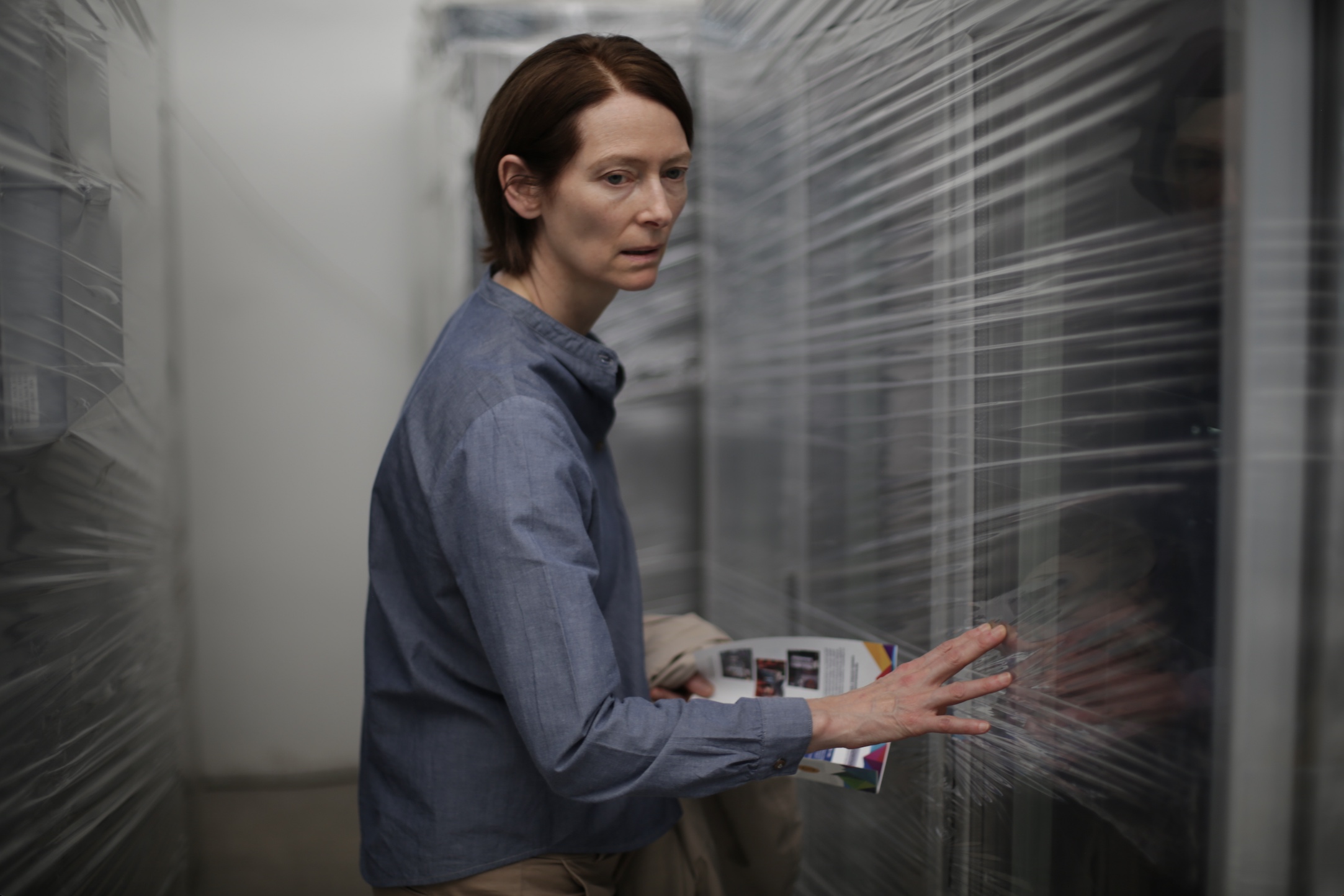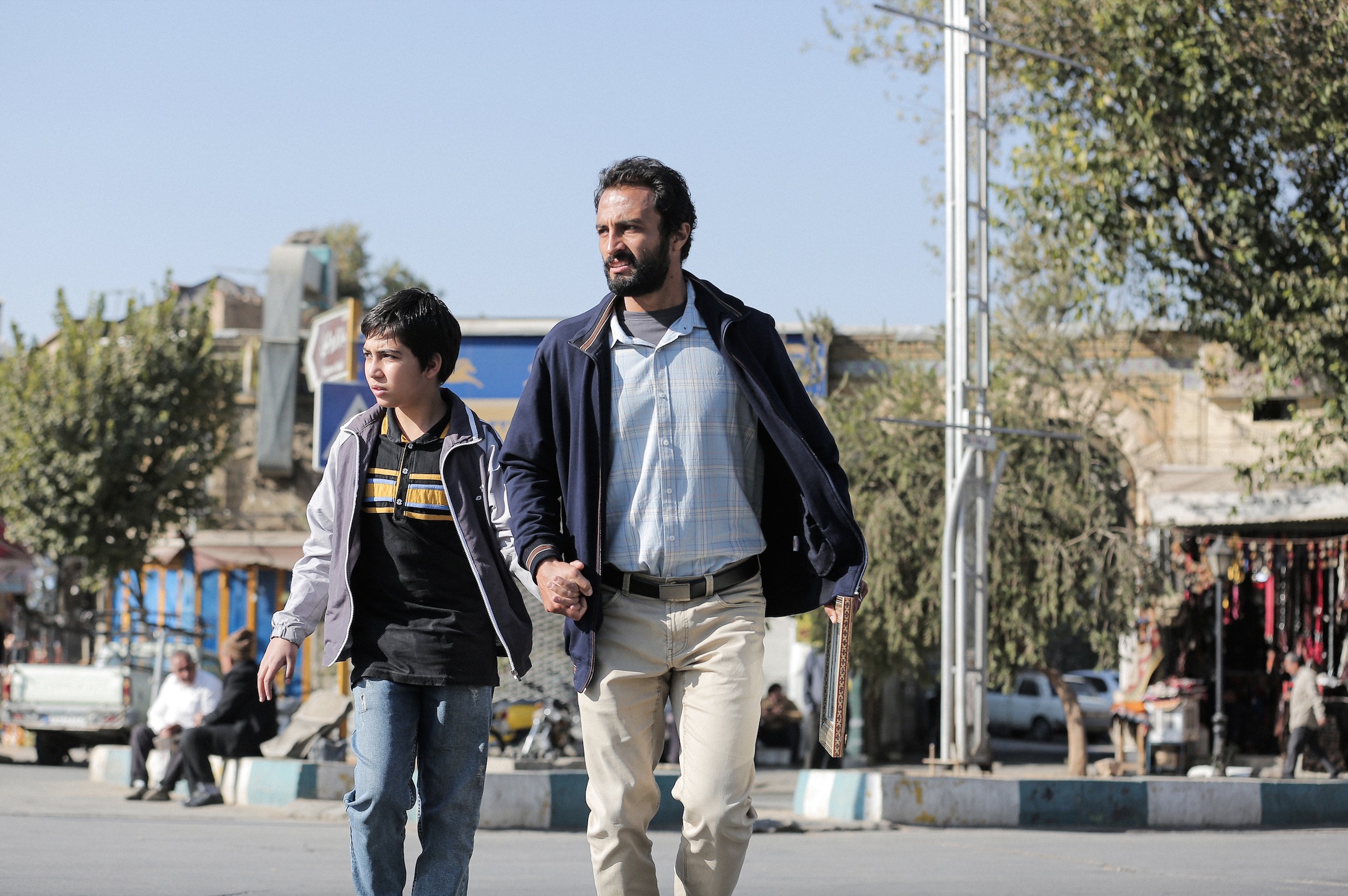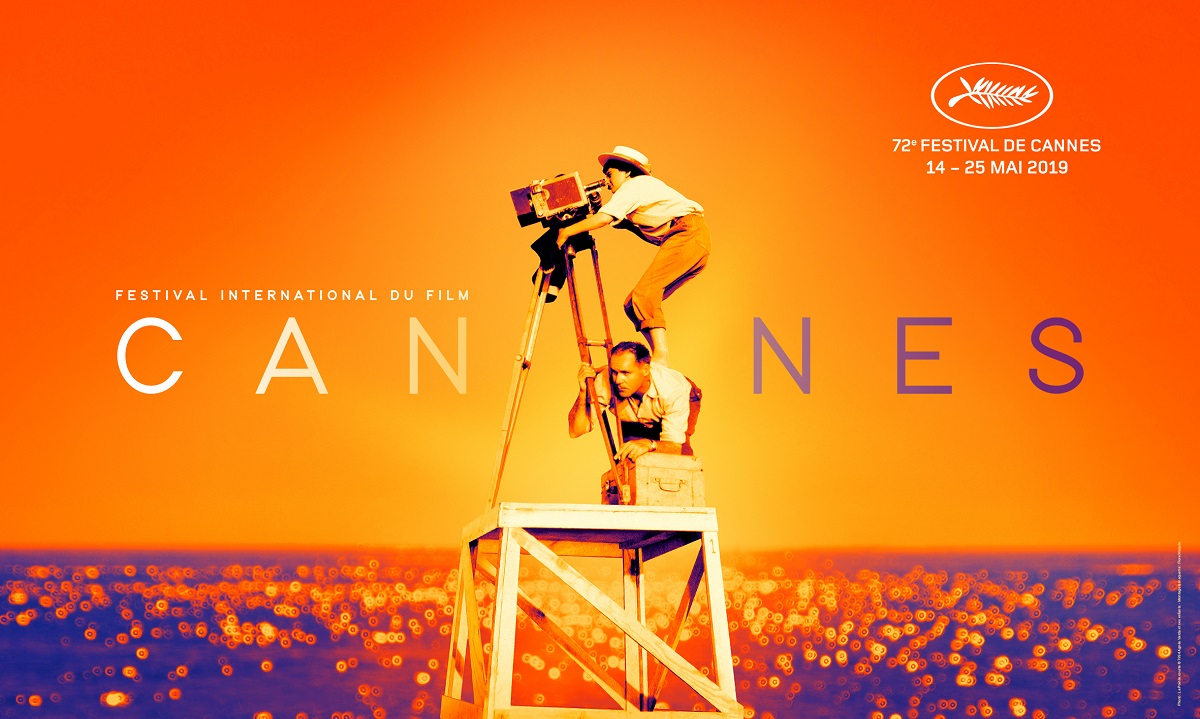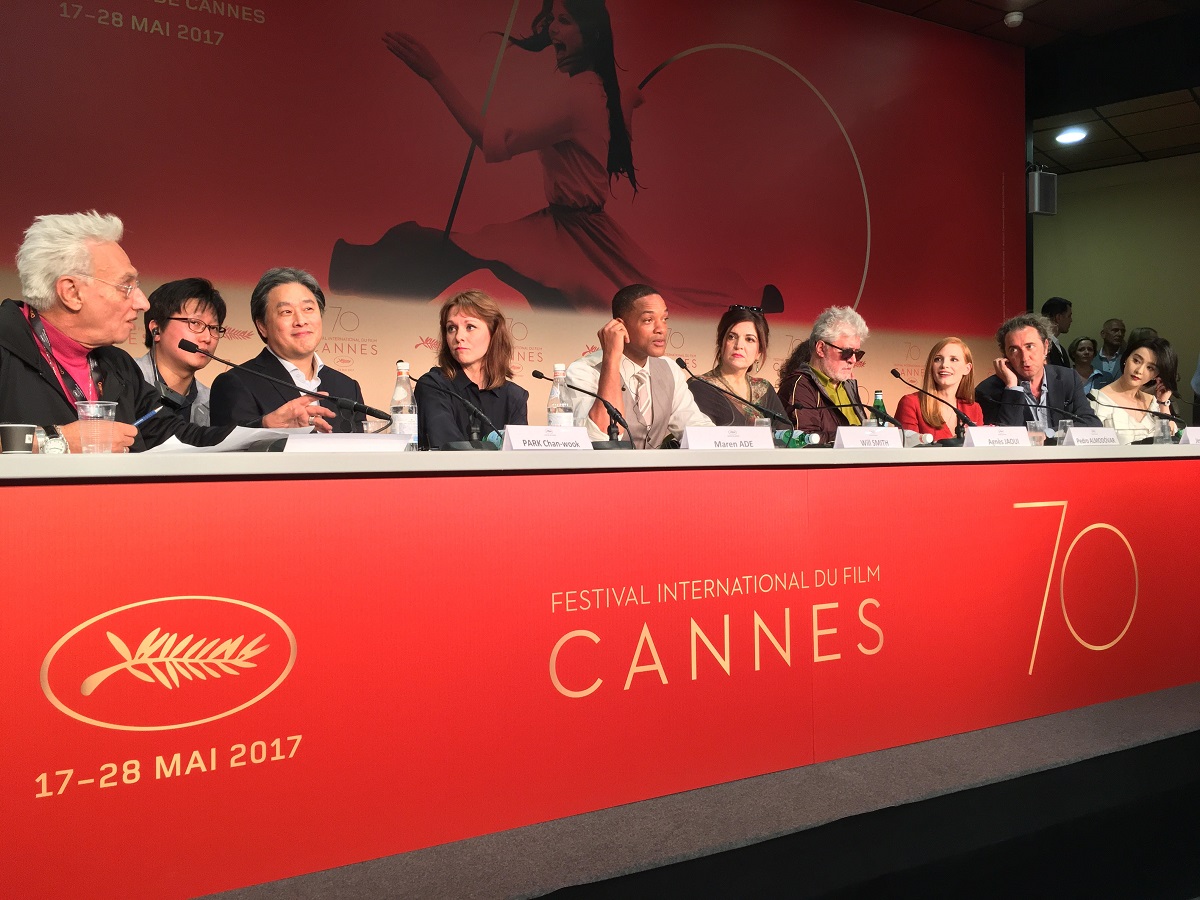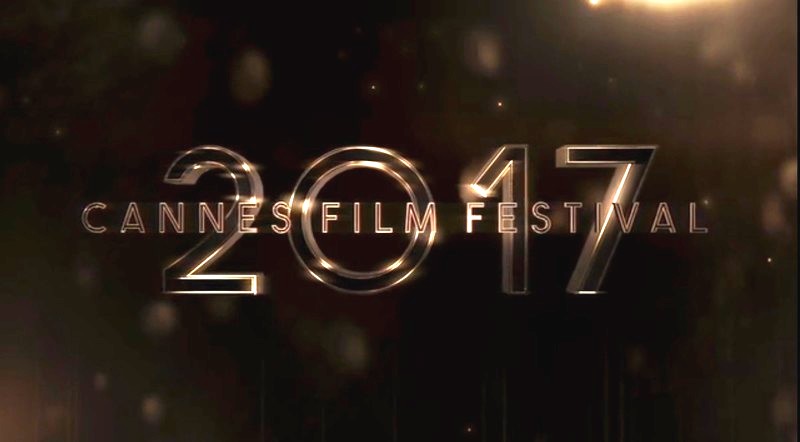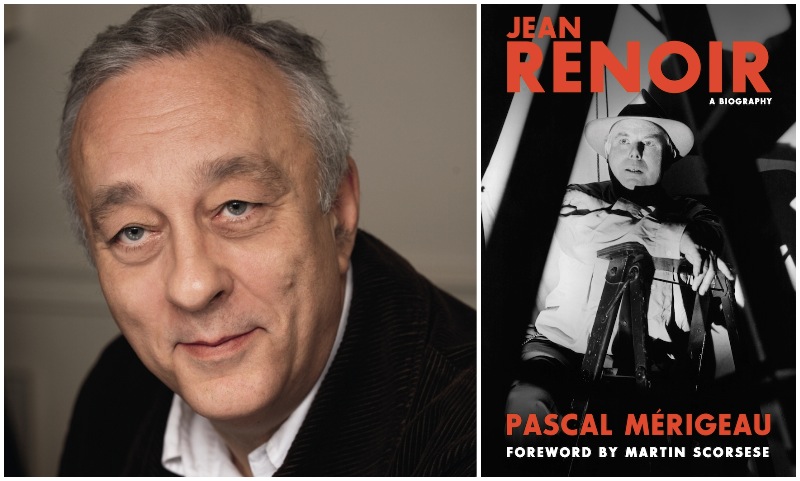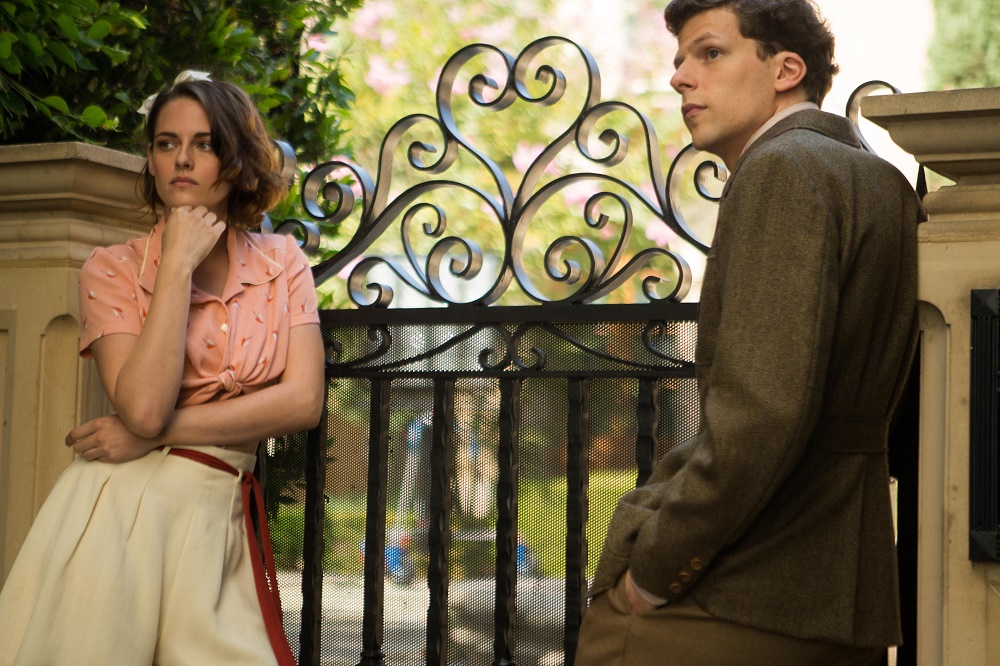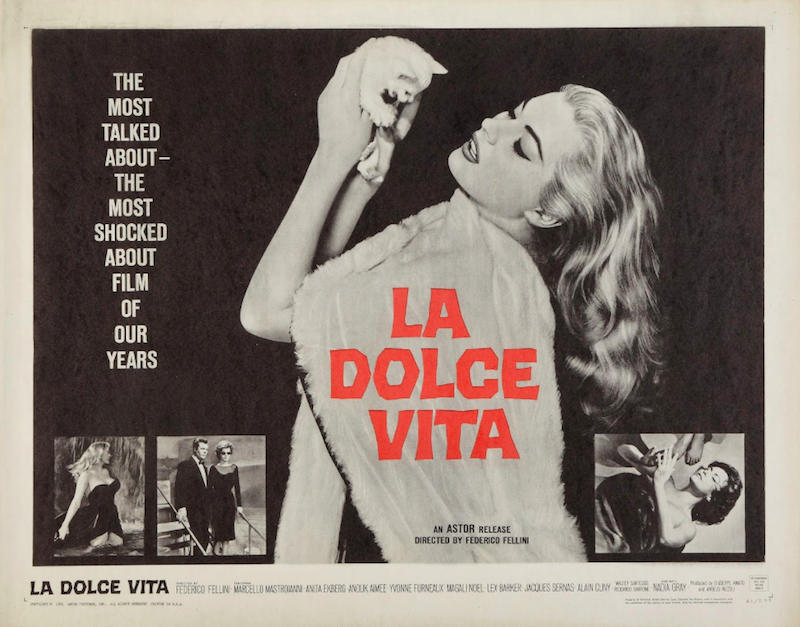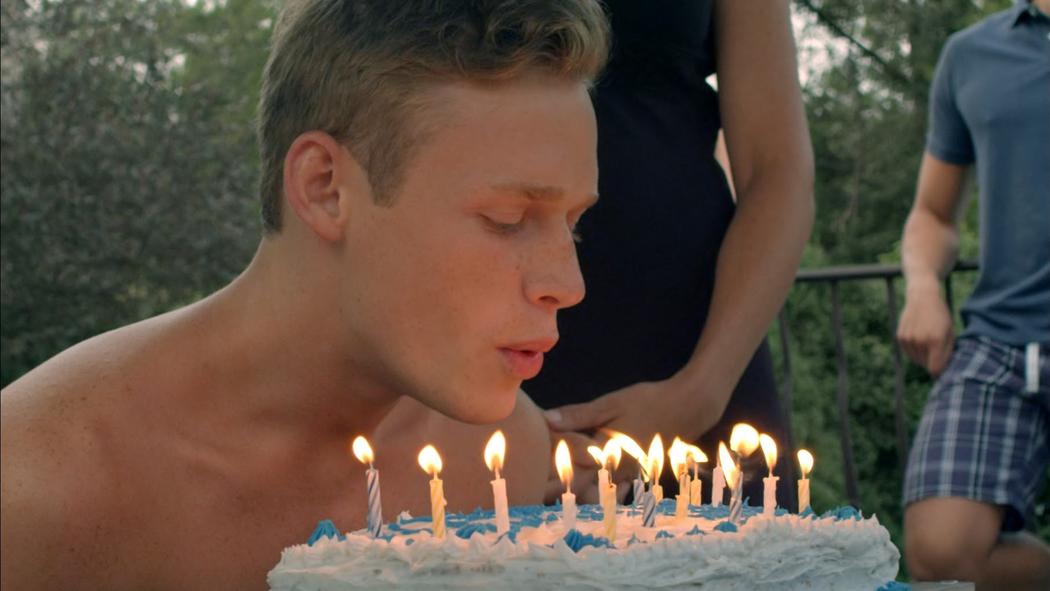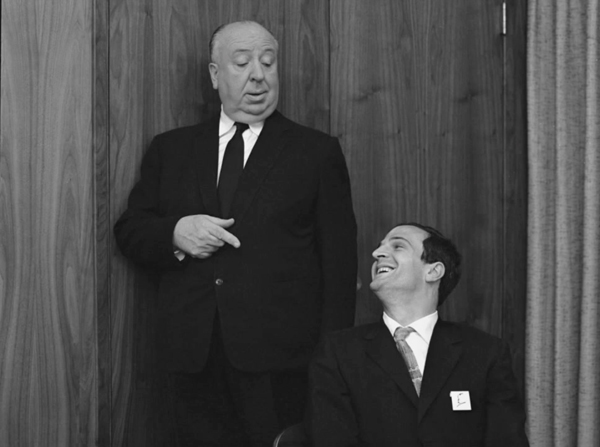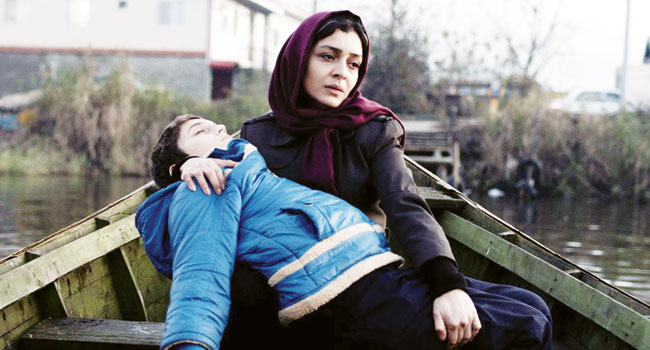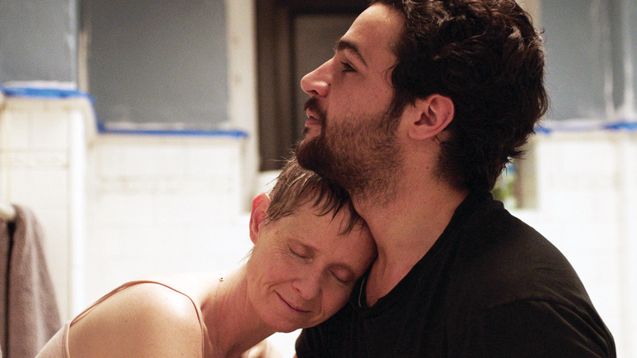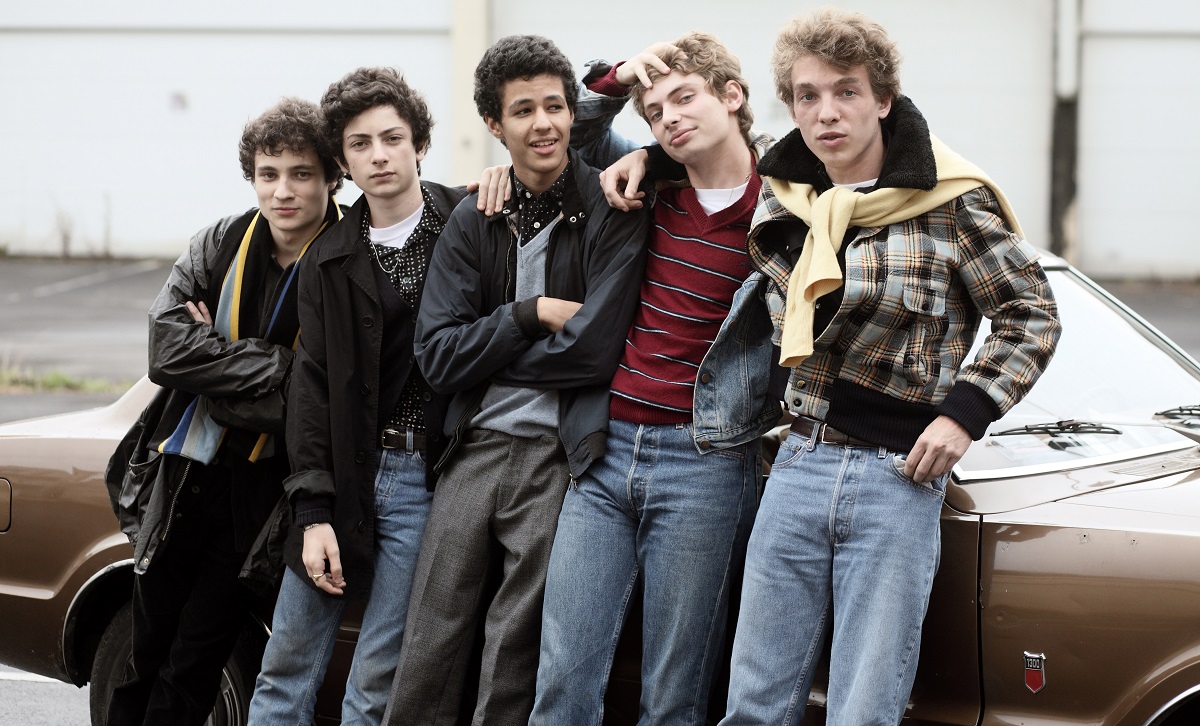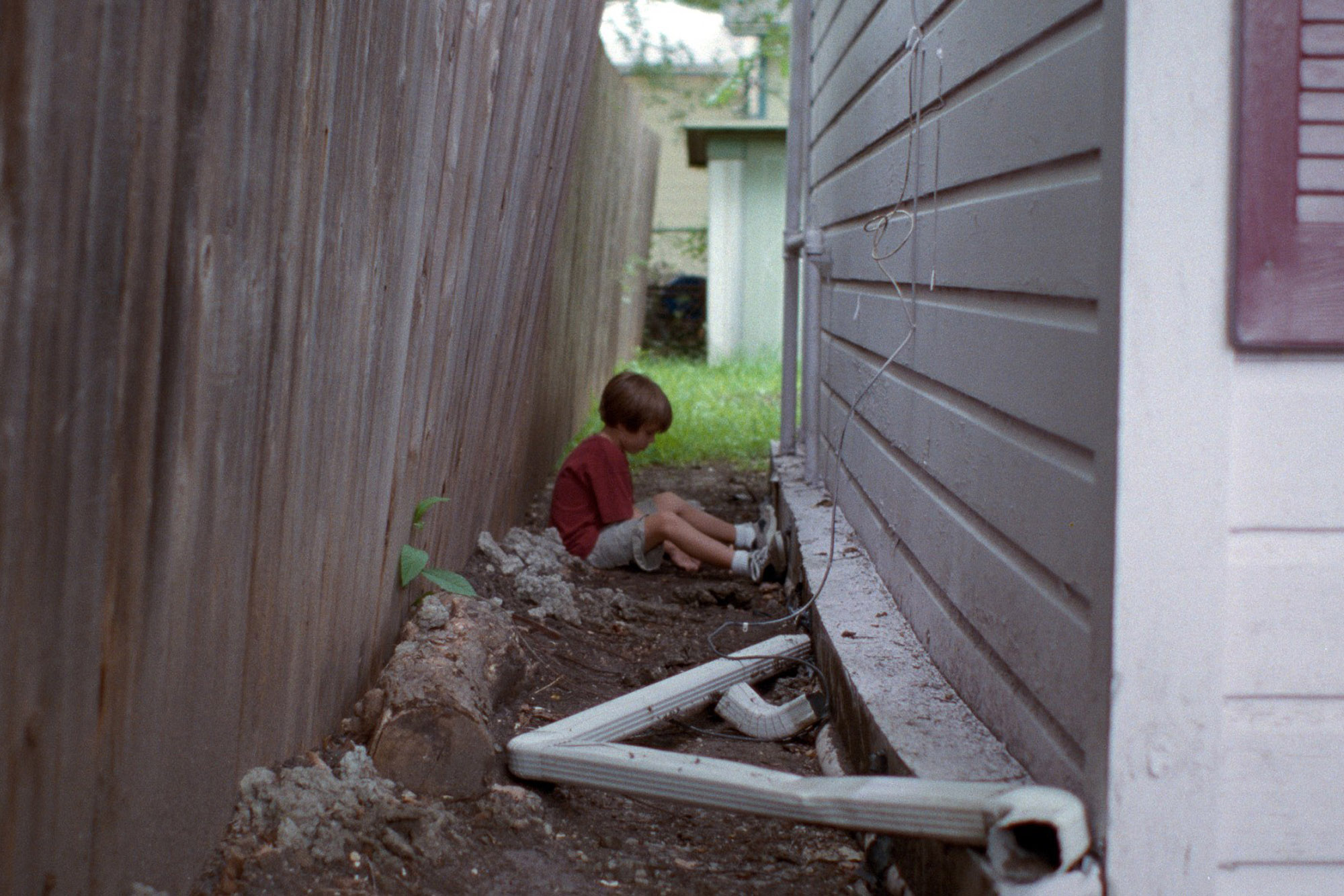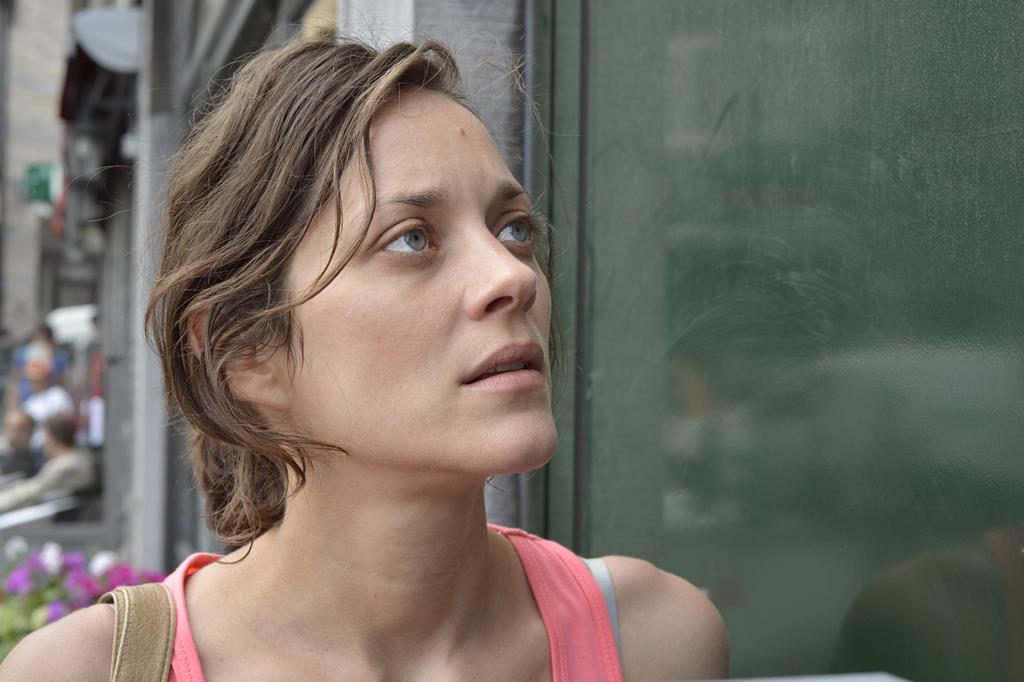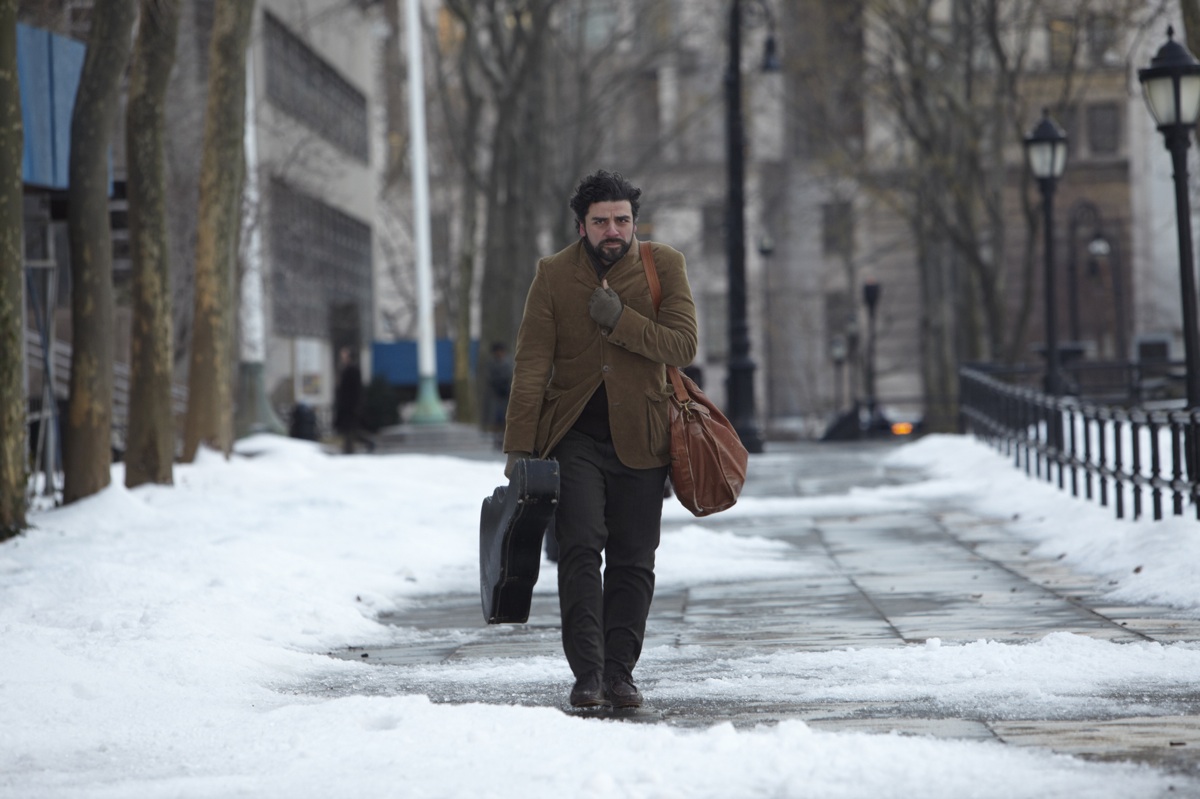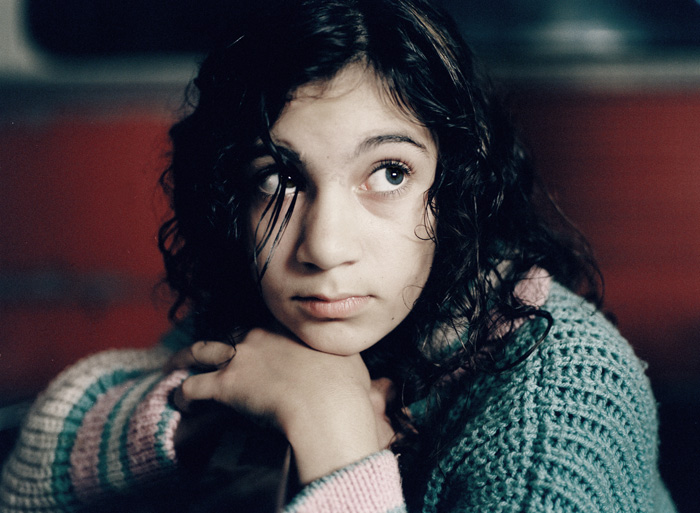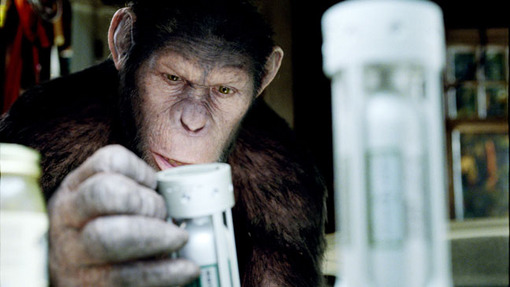Arnaud Desplechin Movie Reviews
Blog Posts That Mention Arnaud Desplechin
Video Interview: Arnaud Desplechin on “My Golden Days”
Scout Tafoya
Cannes 2022: One Fine Morning, Brother and Sister, Mariupolis 2
Ben Kenigsberg
NYFF 2019: Oh Mercy!, Sibyl, Saturday Fiction, The Irishman
Odie Henderson
Cannes 2019: The Traitor, Oh Mercy
Barbara Scharres
NYFF 2017: “Caniba,” “Ismael’s Ghosts,” “Let the Sunshine In”
Scout Tafoya
Cannes 2015: “My Golden Days,” “By Sidney Lumet,” “Irrational Man”
Ben Kenigsberg
Cannes 2024: It’s Not Me, Filmlovers!, Misericordia
Isaac Feldberg
Cannes 2023: Room 999, Anita, In the Rearview
Jason Gorber
A Preview of the 2023 Rendez-Vous with French Cinema
Peter Sobczynski
Cannes Film Festival Preview 2022
Barbara Scharres
A Preview of the 2022 Rendez-Vous with French Cinema
Peter Sobczynski
Cannes 2021: Memoria, Paris, 13th District, The Story of My Wife
Ben Kenigsberg
Cannes 2021: A Hero, Deception, Petrov’s Flu
Ben Kenigsberg
Cannes 2019: Preview of the 72nd Festival
Barbara Scharres
Preview of the 21st Chicago European Union Film Festival
Peter Sobczynski
Cannes 2017: The Fest Opens with “Ismael’s Ghosts,” “Loveless”
Barbara Scharres
Cannes 2017 Video #1: Preview
Chaz Ebert
Cannes Film Festival 2017 Preview
Barbara Scharres
A Supreme Artist: Pascal Mérigeau on “Jean Renoir: A Biography”
Patrick Z. McGavin
Cannes 2016: “Café Society”
Barbara Scharres
“La Dolce Vita” No More: On The Current State of Foreign-Language Film Distribution
Steve Erickson
A Living Cinematic Organism: Stephen Cone on “Henry Gamble’s Birthday Party”
Sheila O'Malley
Solidarity of Cinema: Kent Jones on “Hitchcock/Truffaut”
Patrick Z. McGavin
CIFF 2015: “Nahid” Wins Roger Ebert Award, “A Childhood” Takes Top Prize
The Editors
10 Films to See at the Chicago International Film Festival
Brian Tallerico
Alterna-Cannes 2015
Ben Kenigsberg
The Individual Top Tens of 2014
The Editors
Cannes, Day Seven: “Two Days, One Night,” “Coming Home”
Barbara Scharres
Rainy Day Blues: Cannes Report: May 18, 2013
Barbara Scharres
A haunted vet, a garbage robot and a happy-go-lucky charmer
Roger Ebert
The year’s best foreign films (I hope they play in your state)
Roger Ebert
Robbers and strippers, battles and burlesque
Barbara Scharres
A teacher wins the Cannes film festival
Chaz Ebert
WALL-E scrunches Love Guru inVillage Voice/LA Weekly crix poll
Jim Emerson
Two-timing Basterds
Jim Emerson
The Return of the Autobiographical Dictionary of Film
Jim Emerson
National Society of Film Critics: Waltzing and Happy
Jim Emerson
“Talking faux-seriously about juvenilia…”
Jim Emerson
Apes and allegories: What is the meaning of this?!
Jim Emerson
jim’s annotated best favorite movies of 2008 part 2
Jim Emerson
Popular Reviews

The best movie reviews, in your inbox
